#NHTSA
Students Role-play Autonomous Driving Tragedy Before Automakers Have To
Graduate students from the University of Michigan are currently engaged in a twisted role-playing game, where they attempt to cope with the media backlash following various failures of self-driving cars. The exercise is intended to help them understand the pitfalls associated with autonomous tech and how to best respond when it goes terribly awry — something automakers will also have to go through as self-driving vehicles become more prevalent.
Broken into teams of four, 30 groups across the Ann Arbor campus were confronted with a pretend automated tragedy last night. The details were delivered to them in much the same way they would have been to a real manufacturer: through phone calls, emails, social media, and in-person meetings.
They have until tonight to mitigate the fallout from the incident, generating business solutions in a faux 24-hour news cycle.
No Pedals, No Wheel: GM Unveils Bolt-based Autonomous Fleet
General Motors has showcased its plan to launch public ride-hailing services by teasing a self-driving vehicle with no manual controls whatsoever. The fleet is said to arrive in 2019, which gives us plenty of time to form an angry mob.
On Thursday, the company announced it had submitted a safety petition to the National Highway Traffic Safety Administration requesting that autonomous Chevrolet Bolts be allowed to operate on public roads without adhering to the Federal Motor Vehicle Safety Standards that pertain to actual driving.
Put 'er in Low: Ford's Crash-diving Transmission Earns Another Investigation
In 2016, Ford Motor Company’s stable of rear-drive vehicles came under scrutiny for six-speed transmissions that couldn’t decide whether to sprint or crawl. Owners reported that their 2011-2012 F-150s, Expeditions, Mustangs, and Lincoln Navigators would, suddenly and without warning, downshifting from upper ratios to first gear, ultimately forcing the automaker to recall some 153,000 of the vehicles in the United States.
It now looks like it didn’t recall enough of them. Dangerous downshifts continue, and not just in vehicles covered by the recall. Another concern is that the problem is reappearing in supposedly “fixed” vehicles.
Maserati Recalling Brand New Sedans Over Fire Risk
Maserati of North America is recalling over 1,000 of its newest luxury sedans to repair fuel lines that pose an engine fire risk. It’s not exactly what you’d want to hear when discussing your fresh, six-figure status symbol, but the automaker appears to be addressing the problem right out of the gate. According to the manufacturer, the vehicles haven’t even been delivered to the customers yet.
The affected vehicles include Maserati’s 2018 Ghibli and Quattroporte sedans. Both models suffer from a potentially weepy fuel line in the engine compartment that could leak gasoline exactly where you don’t want it. As customers have yet to take delivery, the units will have to be repaired prior to being picked up.
The IIHS is Hoping For a Bright Future When It Comes to Headlights
Even though headlights have evolved from uniform circles illuminating the roadway in largely the same way to diverse units that look and function very differently, their overall performance has improved immensely. Nobody is going to jump from a 1955 DeSoto to a 2018 Dodge and think “Wow, these headlamps are just terrible.”
However, the International Institute for Highway Safety has been on a two-year mission to make modern headlights look bad and there are two possible explanations as to why. Either the IIHS genuinely believes the current offerings from manufacturers are unsafe, or it’s trying to promote competition within the industry to produce a better bulb. The truth, as usual, is likely somewhere in the middle.
Canada Slow to Realize Something Might Be Wrong With 2008 Smart Cars
Maybe it’s the Hoth-like climate and the urge to do anything in one’s power to warm it up, but Canada has so far taken a laid-back approach to the fires plaguing older Smart Fortwo models. A big part of the problem is that no one’s telling the country’s transportation regulator about them.
The models bursting into flames in the Great White North are of the same vintage as those which sparked an investigation by the United States’ National Highway Traffic Safety Administration. However, Transport Canada has yet to open a defect investigation of its own.
Automakers Formally Take Aim at California's Zero-emission Vehicle Mandate
Compared to the rest of the United States, California is on the bleeding edge of government-appointed environmentalism. When the Trump administration suggested reexamining Obama-era fuel economy and emissions standards, The Golden State was the first to complain, saying it would not be adjusting its goals just because the rest of the country may. It also has pretty serious mandate on zero-emission vehicles — one that forces 15 percent of all new vehicles sold in the state to use zero-emission powertrains by 2025.
While California isn’t alone — nine other states have followed its lead since Trump took office — it is the keystone star on America’s flag pushing to maintain expand fuel regulations. Automakers have noticed and, despite previously having agreed with President Obama’s emission standards several years back, they’re launching a counter-offensive.
Arguing before a U.S. House panel, the Association of Global Automakers complained that California’s ZEV mandate threatens a single national standard for fuel economy.
Complaints Over Stalling Chrysler Pacificas Flood NHTSA
Back in June, Fiat Chrysler Automobiles faced a problem with its Chrysler Pacifica Hybrid. One so significant, in fact, that it briefly stopped production of the vehicle. After recalling all models sold to date to replace faulty inverter diodes, production resumed, ending the problem of hybrid minivans suddenly going dark while underway.
The Pacifica Hybrid’s electrical gremlin appears slayed, but there’s no such luck with the gasoline-only version. Public safety advocates are raising their collective voice following multiple complaints of 2017 Pacificas behaving as if possessed while on the road.
Faulty Electronics Force Toyota to Recall C-HR, Plug-in Prius Hybrids
Late last week, Toyota announced it will conduct separate U.S. safety recalls of around 28,600 C-HR crossovers from the 2018 model year and approximately 39,900 Prius Plug-in Hybrids from 2012-2015.
For the affected C-HRs, there’s a possibility that the electronic parking brake might not operate properly. Toyota claims there is a chance the parking brake won’t disengage after it is applied. There is also a chance the faulty electronics might prevent it from being applied in the first place, which is a little more serious. In addition to creating a possible rollaway risk in certain situations, the automaker says it would be in noncompliance with a federal safety standards.
Achtung, Baby: BMW Recalls a Million Cars Over Fire Risk
BMW announced Friday it is recalling nearly one million cars and SUVs in North America. The recalls are for two separate issues which may cause the same problem: an under-hood fire.
It looks like the mystery surrounding a rash of widely reported blazes is solved, at least for some vehicles involved.
Fire 'em Up: Subaru Subwoofers Belt Out Hot Tunes
Look, I’ll take this opportunity and cop to the fact I spent entirely too much money on aftermarket stereo systems when I was a kid. There is a very good chance, actually, that most of my systems were worth many multiples of the car in which they were installed.
This is why I applaud manufacturers who offer oontz-oontz-oontz levels of tunes as factory options. Subaru did just this on their 2015 WRX and WRX STI. However, it would seem that teenage Matthew was not the only one to haphazardly install speaker wiring, as the Exploding Galaxy has recalled 9,178 Rexys for a fire risk in the factory subwoofer.
In Time for Halloween, Kia to Harvest 340,000 Souls
Halloween is coming up and Kia is getting into the spirit of things by harvesting a few Souls. Over 300,000 of them, to be exact.
According to a report by the National Highway Traffic Safety Administration, a pinion gear in certain 2014 – 2016 Kia Souls and Soul EVs is at risk of separating from the steering assembly.
UPDATE: Hyundai Recalls 443,545 Recalled Cars Over Seatbelt Concerns
(An initial version of this story indicated that the first recall could result in a situation where “fixed” vehicles contained the same safety issue as unfixed vehicles. This is incorrect — Hyundai initiated the second recall after becoming concerned that mechanics working on a fixed vehicle *after* the recall could inadvertently cause a similar safety issue. The story has been updated to reflect this.)
Hyundai finds itself in the unusual position of recalling nearly half a million sedans after an earlier recall designed to prevent seatbelts from detaching from the floor led to concerns that the same thing might happen again.
In late February, Hyundai issued a recall for nearly 978,000 Sonata and Sonata Hybrids across several models years following two crashes where the front seat passenger’s seatbelt failed. Dealers were to inspect the connections between the seat belt linkages and the seat belt anchor pretensioners. However, the first recall didn’t remove all of the future risk.
Ford's Reoccurring Door Latch Problem Results in Massive F-Series Recall
On Wednesday, Ford Motor Co. recalled 1.3 million F-150 and Super Duty pickups to fix faulty side door latches. In the affected vehicles, a frozen door latch or a bent actuation cable could result in a door that neither opens or closes — nullifying the only thing it’s responsible for.
However, the real risk comes from faulty doors that appear to be functional but latch improperly when shut. Points of entry that may appear to have shut as intended could still have latches that don’t engage with the striker effectively, allowing for a seemingly closed door to swing open suddenly while a vehicle is in motion.
Proposed Legislation Would Make It Easier for Automakers to Meet Efficiency Requirements
A bipartisan pair of congressional representatives from Michigan are proposing a new bill, the Fuel Economy Harmonization Act, that would aid automakers in complying with federal fuel efficiency requirements. Introduced on Wednesday, the bill would extend the life of fuel economy credits that are set to expire in five years and raise the ceiling on transferrable credits between car and truck fleets. Under the proposal, manufacturers could also be given additional credits for lowering fleet-wide emissions under new metrics.
Penning the bill, congresspersons Fred Upton (Republican) and Debbie Dingell (Democrat) said they believed the automotive industry would benefit from having a single set of fuel rules. The bill suggests rolling the NHTSA’s Corporate Average Fuel Economy (CAFE) and the EPA’s light-duty vehicle Greenhouse Gas Emissions mandates into one cohesive program.
While economy mandates have been growing, nationwide fuel consumption has still gone up. Likewise, the average mpg of cars sold in the United States hasn’t changed much over the last three years. With pump prices remaining low, consumers have flocked to less-efficient models like crossovers and SUVs.




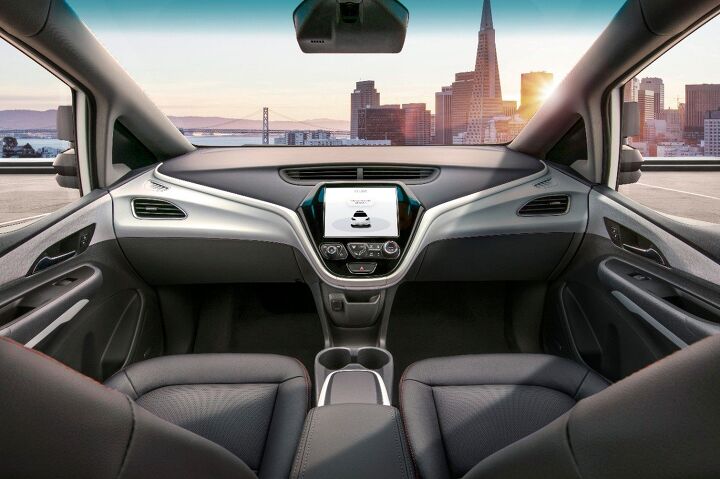
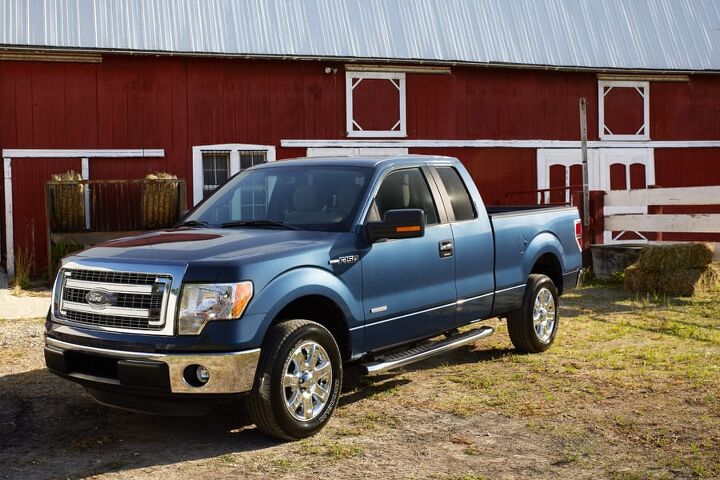






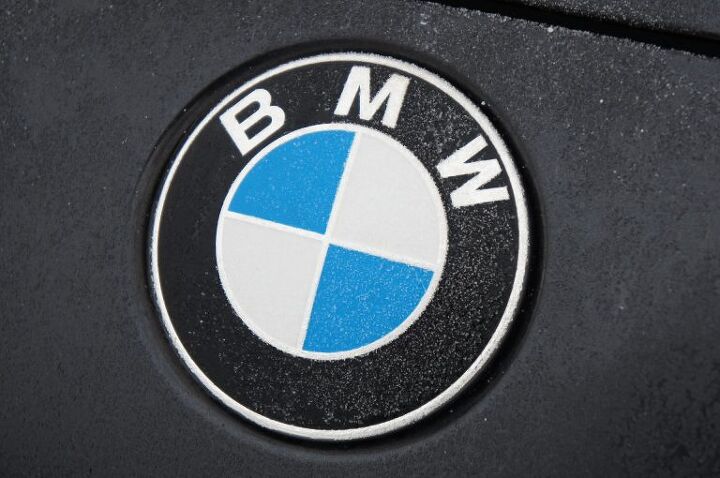
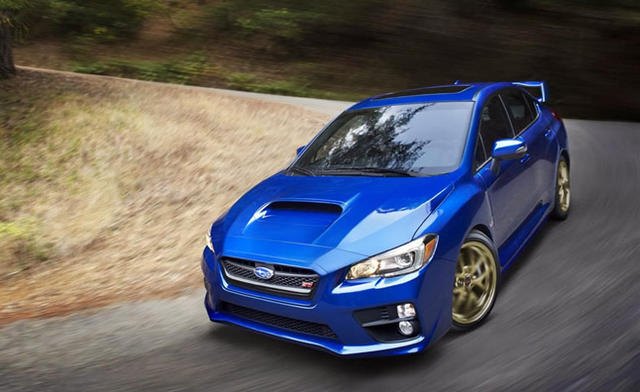


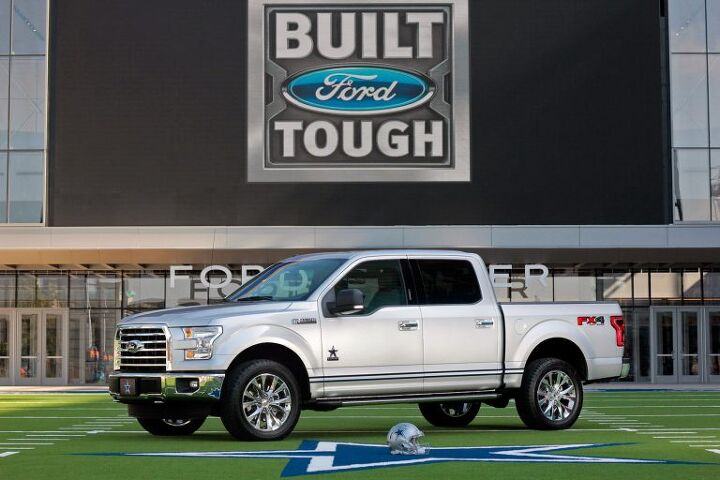













Recent Comments